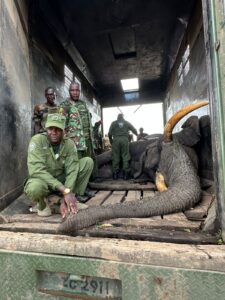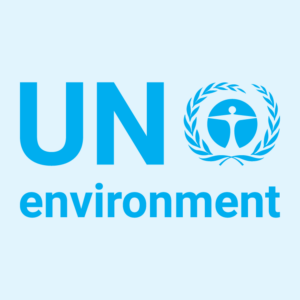
Since its beginning in 1974, World Environment Day created by the UN General Assembly, has developed into a global platform for raising awareness and taking action on urgent issues from marine pollution and global warming to sustainable consumption and wildlife crime. Millions of people have taken part over the years, helping drive change in our consumption habits as well as in national and international environmental policy.
“Beat Plastic Pollution”, the theme for World Environment Day 2018, is a call to action for all of us to come together to combat one of the great environmental challenges of our time. Chosen by this year’s host, India, the theme of World Environment Day 2018 invites us all to consider how we can make changes in our everyday lives to reduce the heavy burden of plastic pollution on our natural places, our wildlife – and our own health.
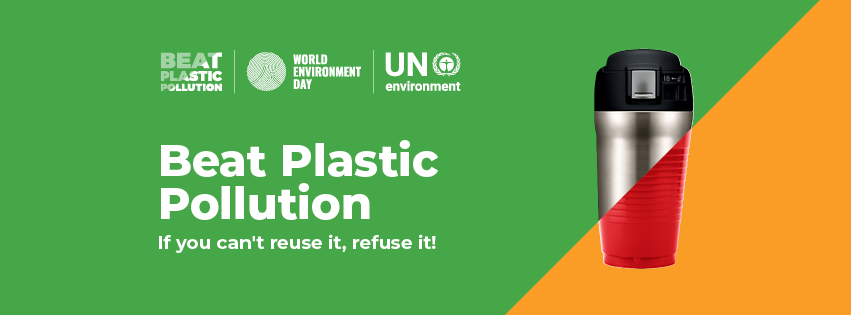
According to the World Environment Day initiative, while plastic has many valuable uses, we have become over reliant on single-use or disposable plastic – with severe environmental consequences. Around the world, 1 million plastic drinking bottles are purchased every minute. Every year we use up to 5 trillion disposable plastic bags. In total, 50 per cent of the plastic we use is single use. Nearly one third of the plastic packaging we use escapes collection systems, which means that it ends up clogging our city streets and polluting our natural environment. Every year, up to 13 million tons of plastic leak into our oceans, where it smothers coral reefs and threatens vulnerable marine wildlife. The plastic that ends up in the oceans can circle the Earth four times in a single year, and it can persist for up to 1,000 years before it fully disintegrates.
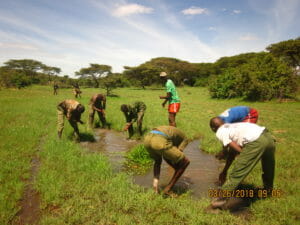 This is why, in Kenya, where Mara Elephant Project operates, the ban on plastic bags in August 2017 was a significant step forward in beating plastic pollution in Kenya. Now, eight months later, MEP has seen a significant difference in the amount of plastic in the Mara and MEP rangers are doing their part. While on patrol MEP rangers are always collecting plastic rubbish they come across in the Mara and every Sunday while on patrol rangers spend the day cleaning around their camp base and collecting rubbish to be recycled when necessary. MEP rangers use all reusable supplies while out in the field including reusable water bottles. We’re doing our part to beat plastic pollution in the Mara.
This is why, in Kenya, where Mara Elephant Project operates, the ban on plastic bags in August 2017 was a significant step forward in beating plastic pollution in Kenya. Now, eight months later, MEP has seen a significant difference in the amount of plastic in the Mara and MEP rangers are doing their part. While on patrol MEP rangers are always collecting plastic rubbish they come across in the Mara and every Sunday while on patrol rangers spend the day cleaning around their camp base and collecting rubbish to be recycled when necessary. MEP rangers use all reusable supplies while out in the field including reusable water bottles. We’re doing our part to beat plastic pollution in the Mara.

World Environment Day has brought attention in the past to many issues facing endangered species like elephants. In 2016, The day is a springboard for #WildforLife, UN Environment’s biggest-ever digital campaign and a major push to counter international wildlife crime. Host country Angola promises to curb the trading of elephant ivory. China, a key destination for illegal wildlife products, subsequently pledges to close down its domestic ivory market. In 1987, UN Environment marks the day at its headquarters in Nairobi, Kenya, by presenting the first of its Global 500 awards to environmental champions including Wangari Maathai. The awards become a mainstay of World Environment Day celebrations through 2003.
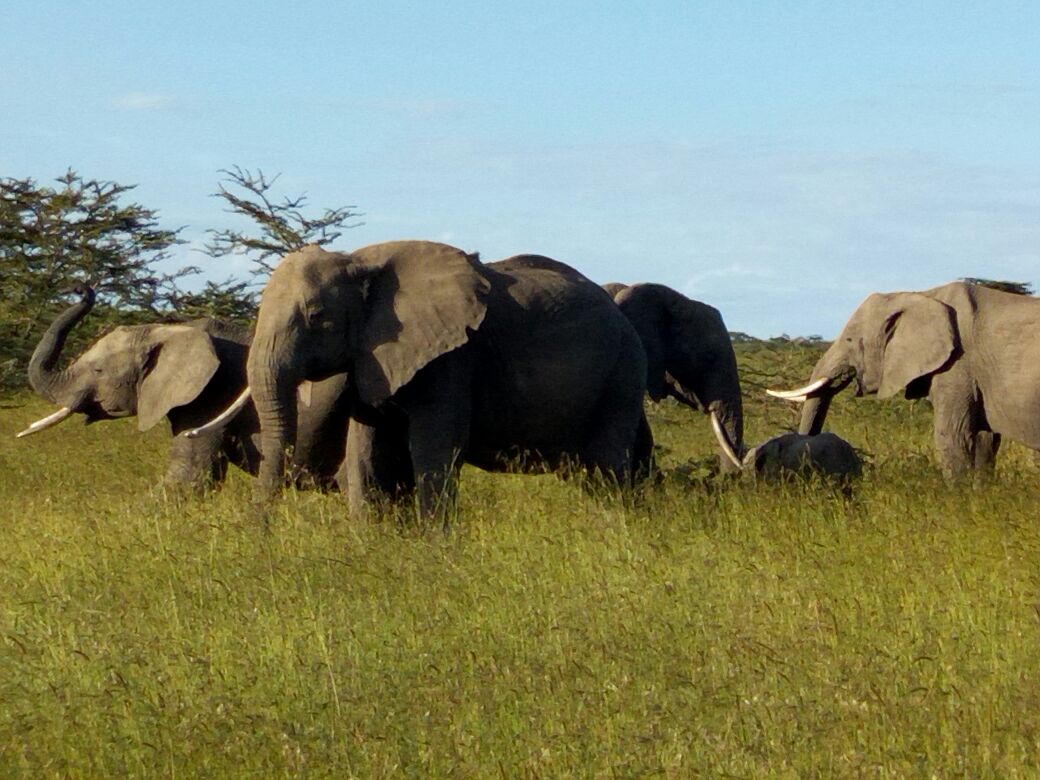
Mara Elephant Project is proud to celebrate World Environment Day 2018 as this day provides an opportunity for each of us to embrace the many ways that we can help to combat plastic pollution around the world.


